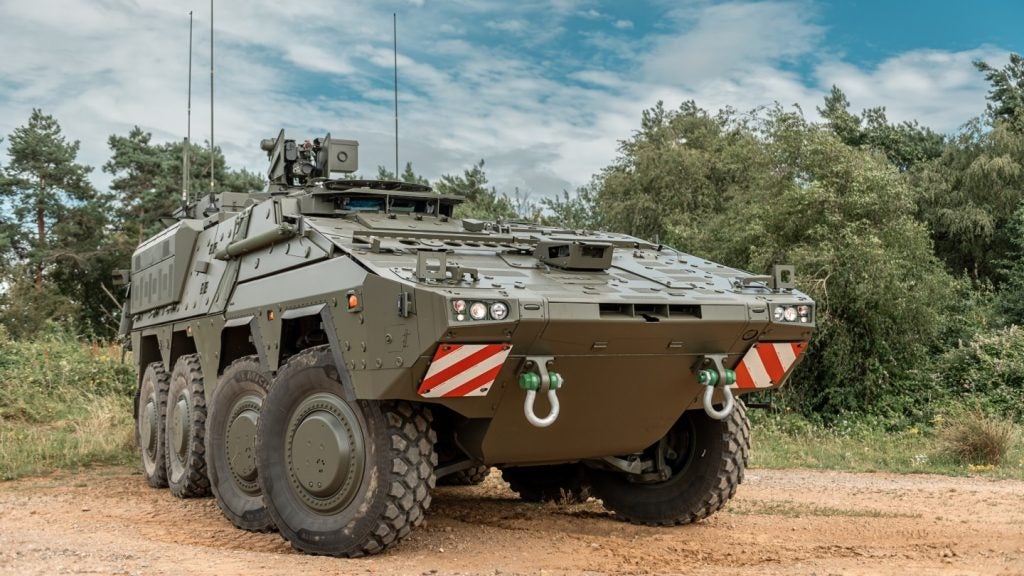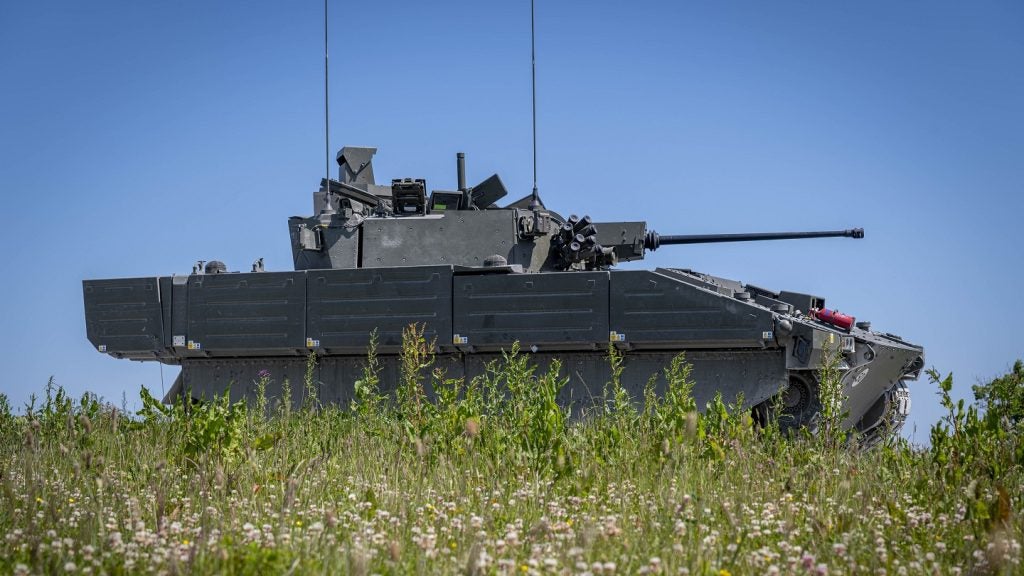
When is a coup not a coup? The answer, apparently, is when it is not in US interests to call it such, with Washington continuing to drag its feet over calling the 26 July military coup in Niger what, to most observers, it appears to be.
Recent statements and briefings from US officials have fallen short of badging the event a coup, with the US continuing to double down on its realpolitik stance by merely calling for a “peaceful resolution” to the crisis.
The latest developments in Niger have seen the new military junta announce that it would put former president of Niger, Mohamed Bazoum, on trial for treason. If convicted, Bazoum could face the death penalty.
The 26 July coup saw the removal of Niger President Mohamed Bazoum, with presidential guard commander General Abdourahamane Tchiani assuming power in his place. As reported at the time, the coup was announced on state media channels, which also saw the formation of a National Council for the Safeguarding of the Homeland and the dissolution of the country’s constitution.
The international response from Africa and Europe was firm, calling for the resumption of democracy in Niger and the return of civilian rule to a country that has a long history of military takeovers. The coup is the fifth since the country gained independence from France, with the others occurring in 1974, 1996, 1999, 2010, and a failed military takeover in 2019.
On 30 July, the Economic Community of West African States (ECOWAS), of which Niger is a member, suspended all commercial and financial transactions between Niger and the other 14 ECOWAS member states, issuing an ultimatum that ECOWAS would “take all measures necessary to restore constitutional order in the Republic of Niger”, and demanding Bazoum be reinstated within one week.
How well do you really know your competitors?
Access the most comprehensive Company Profiles on the market, powered by GlobalData. Save hours of research. Gain competitive edge.

Thank you!
Your download email will arrive shortly
Not ready to buy yet? Download a free sample
We are confident about the unique quality of our Company Profiles. However, we want you to make the most beneficial decision for your business, so we offer a free sample that you can download by submitting the below form
By GlobalDataThe following day, EU Commission President Ursula von der Leyen retweeted a message from Josep Borrell Fontales, who serves as High Representative of the EU for Foreign Affairs and Security and Vice president of the EU Commission, stating the EU’s support of the ECOWAS sanctions and urging a return to power of Bazoum.
US officials avoiding the ‘C’ word
Fast-forward a couple of weeks, and the international opprobrium directed at a military regime newly installed in power in Niger runs in stark contrast to the carefully chosen words of the United States, which has been at pains to avoid calling the coup what it is. The US finds itself in good company in its stance, with China also merely issuing statements calling for a peaceful resolution.
The reason for the stance of the US is that of its interest, in particular the over-the-horizon capability posed by its airbase in the country, known as Niger Air Base 201, which houses long-range MQ-9 drones.
Speaking during a 15 August press briefing at the Department of Defense (DoD), a DoD spokesperson stated that its forces in the country have been “constrained to the base” following the events of 26 July.
The spokesperson said that the US had committed “hundreds of millions of dollars” into the country and conducts regular conventional and counter-terrorism training with the Nigerien military.
“A designation [of a coup] certainly changes what we would be able to do in the region and partner with the Niger military,” the DoD spokesperson said, adding that the US’ priority was in “protecting its interests”.
The US interest in Niger: Air Base 201
Strategically located, the drone-based surveillance capability provided from Air Base 201 is a key component in ensuring the US maintains its operational understanding in the region, where Russia and China are also engaged in military and economic efforts to gain influence with African states.

According to Tristan Sauer, aerospace and defence analyst at GlobalData, Niger Air Base 201 is a “critical node” within AFRICOM’s surveillance infrastructure on the African continent, having constructed the facility in 2016 to expand ISR capabilities of US and allied forces in the region.
Sauer states that following agreements between the administration of US President Barack Obama and then Nigerien President Mahamadou Issoufou in 2013 prior to the expansion of the Islamic State, AFRICOM was at the time already concerned about mounting incidents extremist violence spilling over from Mali (Al Qaeda), Nigeria (Boko Haram) and Somalia (Al Shaabab).
To this end, the intention was to invest “significantly in regional ISR/strike capabilities”, which had previously relied on the expansion of Air Base 101 in Niamey as well as the creation of Air Base 201 in Agadez, the latter of which would specifically be adapted to host MQ-9 Reaper drones and provide precision strike capabilities with reduced logistical footprints.
“The US military funded the construction of the base entirely out of strategic necessity, this losing access to this base in light of recent political turmoil within the Nigerien government presents a significant risk to AFRICOM’s ability to support counter-terrorism operations in the African Sahel, which alongside the growingly evident presence of Russian proxy forces (Wagner) allied to the Nigerien coup leaders is consequently informing the more restrained diplomatic approach taken by the US with regards to the coup and its inevitable consequences,” Sauer explained.






